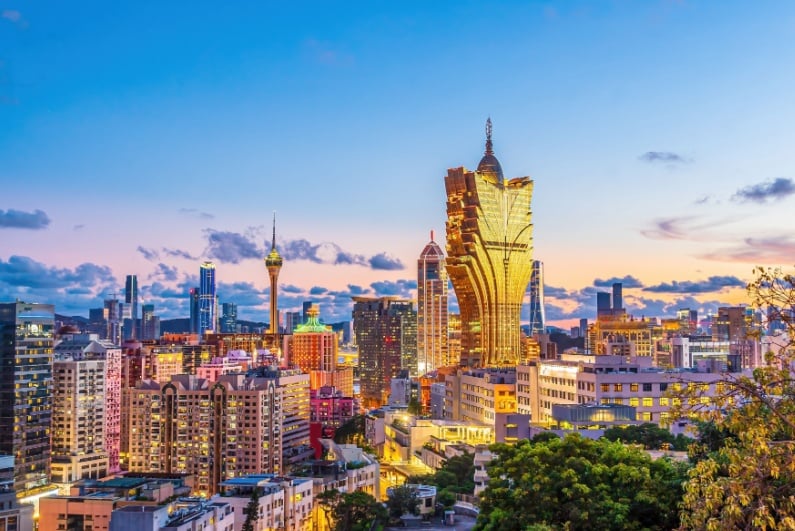30-second summary
- Russian telecom watchdog Roskomnadzor blocked about 14,500 gambling websites in 2018
- Russian law requires blacklisted domains to be blocked from appearing in Russian search results
- Google refused to comply initially but has now accepted a fine imposed by Russia
- Tech giant will alter its search results
- Russia threatened to block Google entirely
Gambling sites on Russia’s blacklist
Russian telecom watchdog Roskomnadzor earlier this year began blocking websites that did not comply with its licensing regulations.
Exact figures are unknown, but it is estimated that the agency blocked about 14,500 gambling websites in 2018. Among the sites blocked in the autumn were a number of big players in the EU gambling space.
Blocked sites included 888, Bet365, Betfair, Betfred, Betsson, Bwin, Dafabet, 5Dimes, Ladbrokes, Lottoland, Unibet, William Hill, and Winamax. The Stars Group alone had 13 websites blocked.
Russian law requires internet giants such as Google to connect to the federal state information system (FGIS) to monitor the Unified Register of Prohibited Information – this means blacklisted domains will be automatically blocked from appearing in Russian search results. These include most of the high-profile gambling websites noted above.
When Google refused to comply, unlike domestic companies Yandex and Mail.re, the Russian regulator opened an administrative case against the tech firm in November. It claimed it had “irrefutable proof filtering is not carried out” and promptly fined Google RUB500,000 ($7,500; £5,838).
Surprisingly, Google did not appeal the Russian fine and has now begun to scrub its local search engine results of “prohibited internet resources” from Roskomnadzor’s blacklist, including big-name gambling firms.
It’s not apparent why Google is complying so politely, because it is not usually swayed by fines or threats. However, officials had suggested new fines of as much 1% of annual gross revenue. For Google, that would be around $6.4m (£5m), based on what it earned in Russia in 2017. That could have been enough to set the wheels in motion.
Fine a “minor amount of money”
Previously, Russian news agency TASS quoted Roskomnadzor boss Alexander Zharov as acknowledging that the fine represented “a minor amount of money for Google.” Figures show that Google earned $640m (£500m) from its Russian operations in 2017. The fine was smaller than the maximum allowed.
Zharov also claimed that Roskomnadzor’s daily monitoring of Google showed that “they still provide links” to blacklisted websites. Roskomnadzor revealed in December that it was preparing a more efficient censoring system based on “deep packet inspection” of all internet traffic crossing Russia’s borders.
Perhaps the ultimate threat, however, came from Roskomnadzor’s deputy chief Vadim Subbotin. He told the Russian news agency Interfax that Google’s Russian-facing site could be blocked if it refused to comply with the regulator’s demands.
He said: “If we come to a dead end … the state makes changes to the law, and for the non-execution of Russian laws the most severe punishment is possible – such as blocking.”
That remark may have persuaded Google to comply.




